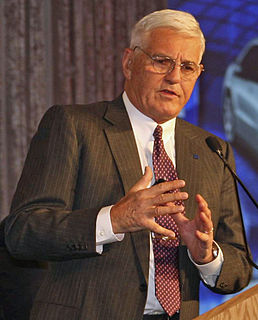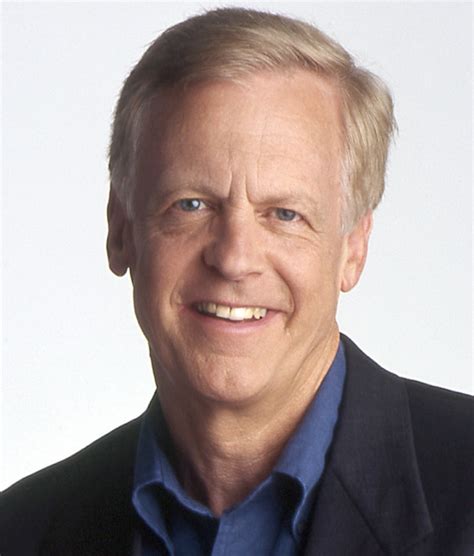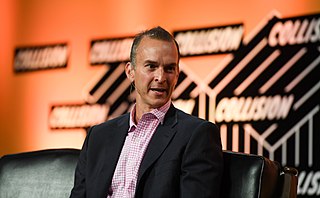A Quote by Henry Ford II
Profits are the ultimate measure of how efficiently we provide customers with the best products for their needs. Profits are required to survive and grow.
Related Quotes
Big Pharma needs sick people to prosper. Patients, not healthy people, are their customers. If everybody was cured of a particular illness or disease, pharmaceutical companies would lose 100% of their profits on the products they sell for that ailment. What all this means is because modern medicine is so heavily intertwined with the financial profits culture, it’s a sickness industry more than it is a health industry.
The danger of tautological propositions is considerable in discussions of the concept of normal profits. Because supernormal profits seem to invite newcomers to an industry and sub-normal profits seem to drive away those who are in an industry, some writers are inclined to define normal profits as the earnings of the fixed resources in an industry which neither grows nor declines in size or number of firms. It should be clear that such a definition is useless: it muddles together attractiveness and actual afflux, desirbility of entry and ease of entry, zero profits and monopoly rents.
To the economically illiterate, if some company makes a million dollars in profit, this means that their products cost a million dollars more than they would have without profits. It never occurs to such people that these products might cost several million dollars more without the incentives to be efficient created by the prospect of profits.
Too many companies these days can't tell the difference between good profits and bad.... By now you're probably wondering how in heaven's name profit, that holy grail of the business enterprise, can ever be bad. Short of outright fraud, isn't one dollar of earnings as good as another? Certainly, accountants can't tell the difference between good and bad profits. They all look the same on an income statement. While bad profits don't show up on the books, they are easy to recognize. They're profits earned at the expense of customer relationships.
The role of business is to provide products and services that make people's live better - while using fewer resources - and to act lawfully and with integrity. Businesses that do this through voluntary exchanges not only benefit through increased profits, they bring better and more competitively priced goods and services to market. This creates a win-win situation customers and companies alike.



































